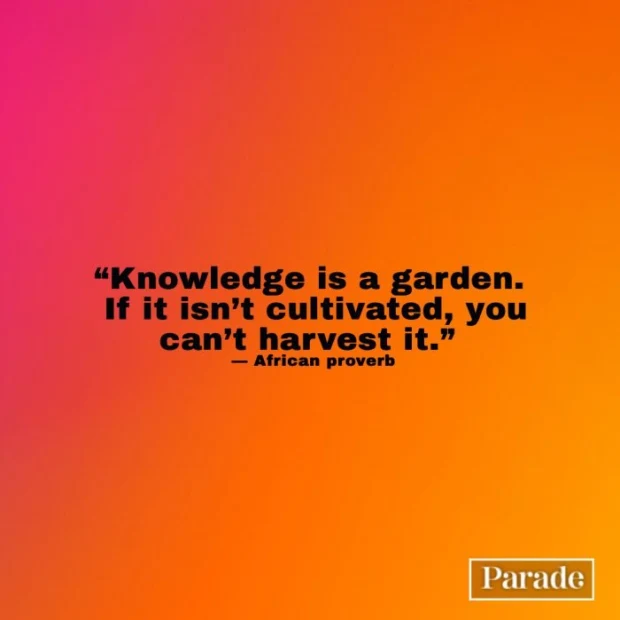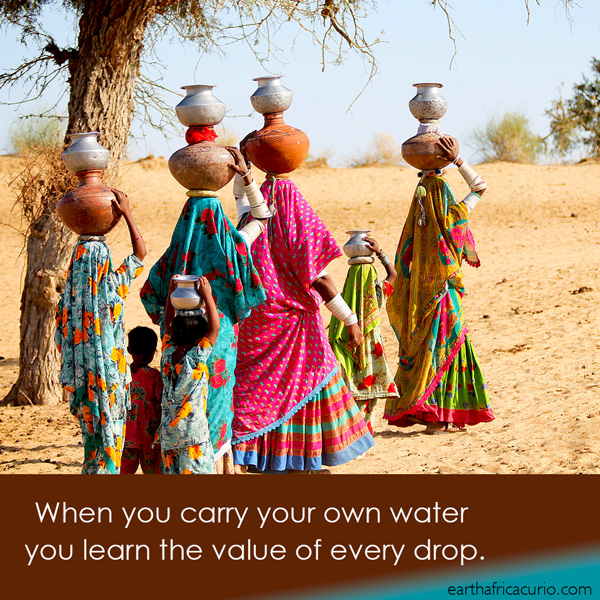African proverbs and sayings are an integral part of African cultures, serving as conduits of wisdom passed down through generations over centuries. Reflecting the cultural values, beliefs, and accumulated insights of African societies, they offer profound glimpses into history, customs, and ways of life.
Within many African cultures, storytelling plays a pivotal role in the oral tradition, serving as a means to impart knowledge, entertain, and preserve cultural heritage. Proverbs and sayings feature prominently in storytelling endeavors, serving as succinct vehicles for conveying messages, imparting lessons, and sharing wisdom with listeners.
In recent years, the spotlight has increasingly turned to African proverbs and sayings within the realms of marketing and branding, recognizing their potency as tools for forging connections with customers.
As brands seek avenues to differentiate themselves and establish deeper emotional bonds with audiences, African proverbs and sayings offer a unique pathway. They integrate these cultural expressions into their marketing and branding strategies, in order to tap into Africa’s rich cultural significance and build emotional connections with customers. This, in turn, facilitates the creation of authentic, memorable, and impactful brand messaging experiences.
Successful cross-cultural marketing campaigns have demonstrated the efficacy of incorporating African proverbs and sayings. Notable examples include Nike’s “Nothing Beats a Londoner” campaign and Coca-Cola’s “Taste the Feeling” campaign, both of which adeptly integrated African proverbs to resonate with local audiences and reinforce brand messaging.
Another example is Guinness’ “Made of More” campaign in Nigeria, which used the proverb “Unity is strength, division is weakness” to communicate the brand’s values of unity, community, and togetherness. The campaign was successful in connecting with Nigerian audiences and helped to reinforce Guinness’ position as a brand that values community and social responsibility.
However, leveraging African proverbs and sayings in cross-cultural marketing endeavors necessitates careful consideration and navigation of certain challenges. One such challenge revolves around the potential for misinterpretation or miscommunication, given the nuanced nature of these expressions rooted in diverse cultural traditions.
Brands must conduct thorough research and seek expert consultation to ensure cultural appropriateness and resonance with their target audience. Additionally, brands must vigilantly guard against the pitfalls of cultural appropriation, striving instead to cultivate genuine relationships with African communities while promoting mutual understanding and respect.

The themes of African proverbs usually include family, wisdom, morality, ethics, social living, knowledge, and cleverness. African proverbs highlight such aspects of life and culture as respect for elders; understanding one’s abilities and limitations; personal flaws; respect for the natural world; fear of dangerous animals; maintaining harmonious interpersonal relations; and bodily and spiritual cleanliness.
The Yorubas of Nigeria cleverly emphasize the worth of proverbs with a proverb of their own, by saying, “A proverb is the horse that can carry one swiftly to the discovery of ideas.” Proverbs across the continent stand to dispel the narrative that African societies did not have an advanced civilization, including organized religion, centralized government, and complex systems of communication before colonization.
Here’s a list of African proverbs from around the continent.
“You overcame the rain, but what about the dew?” Sumbwa (Tanzania) Proverb
This proverb could be first of all a gentle reminder for people who may feel tempted to think that they have already achieved so much in this life that no effort is needed from them anymore. Achievements are only openings towards greater challenges. Technical achievements for instance do help greater mobility for good for people all over the world, but they raise the perilous task to protect our entire planet. As for leaders who may think they have already reached a status so high that they need no longer make any more effort they forget that they are generating cracks from within themselves that will most certainly cause bitter disappointments.
“Women are part of the origin of life’s big mystery on earth; they know the secret of a good life, —Kuba Proverb
The Kuba is an old empire in the Democratic Republic of the Congo (DRC) known for its traditional art and design. The life and work of the Kuba woman centered on the home and duties to her family. She is a mother of many children and the wise and industrious manager of the household, providing for the welfare of her husband and children. A Kuba woman knows the path to success in life. She plays a critical role. Her skills, resourcefulness, industry, wisdom, and hospitality, rather than her fertility or beauty, make her keep her home, husband, and entire family together. A Kuba woman is considered a life-giver. She is a mother to society. This is the ideal portrait of the adult female in the Kuba Empire.
“If your only tool is a hammer, you will see every problem as a nail.” —Gambian proverb
It refers to an over-reliance on a familiar or favorite tool. While such tools can be very useful at times, over-reliance can result in approaching problems in ways that are not always helpful or even destructive.
“Even the lion, the king of the forest, protects himself against flies,” —Ghanaian proverb
Never underestimate the strength and skill of people who are smaller in stature

“Only when an anaconda is dead that you know what its diet consisted of”… —The WE / Guéré Proverb, Ivory Coast.
This means we don’t know what people around us are all about until they are dead and you hear what people say about them.
African proverbs and sayings are not just relics of the past; they are living embodiments of wisdom, resilience, and cultural richness. They encapsulate the essence of African societies, offering timeless insights into human nature, community values, and the complexities of life. They uncover not only practical guidance for navigating the intricacies of existence but also profound reflections on the interconnectedness of humanity. Ultimately, African proverbs serve as bridges between past and present, across cultures and continents, illuminating the universal quest for understanding, empathy, and unity in diversity.
SOURCES:
- https://www.thesagenext.com/blog/emerging-cybersecurity-challenges
- https://www.trailblazertravelz.com/african-proverbs-wisdom-of-the-ages/




